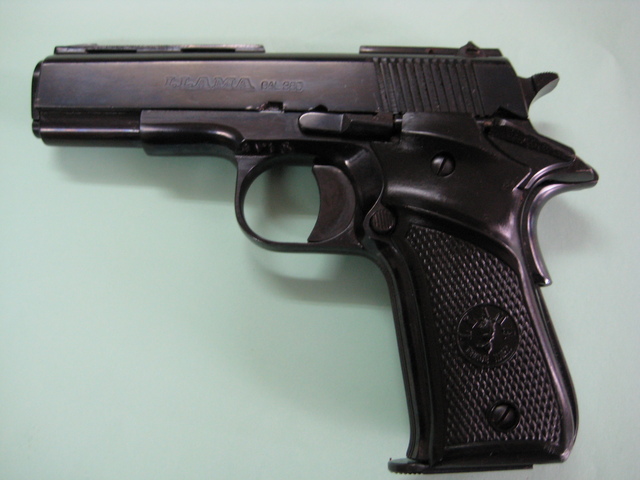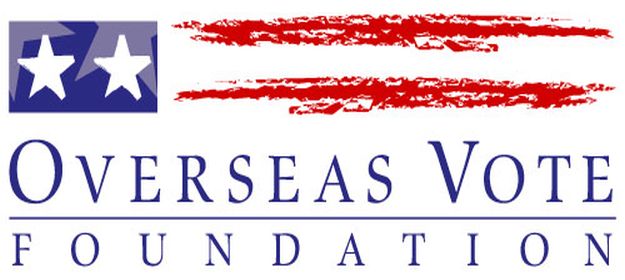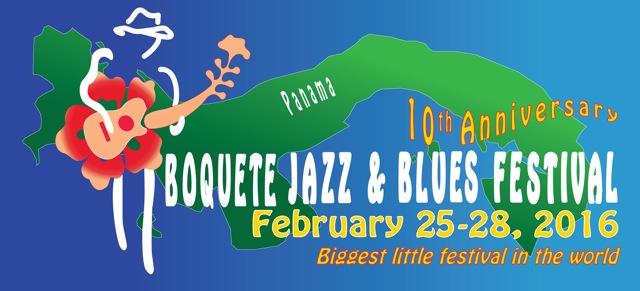
Former National Police director’s gun collection could net him years in prison
by Eric Jackson
On October 21, in a summary trial, former National Police chief and National Security Council director Gustavo Pérez faced charges for illegal possession of two 9 millimeter pistols, a .38 revolver and a submachine gun imprecisely described by prosecutors as a Minimax. The weapons were seized in a January 12 raid on Pérez’s home, in which police and prosecutors looked in vain for Ricardo Martinelli’s missing wiretapping equipment and took Pérez into custody on invasion of privacy charges. Because he had no permits for the firearms, and because prosecutors characterized some of them as “weapons of war” that Panama’s constitution says that only the government may possess, Pérez was charged with weapons offenses. One of the pistols belongs to the National Police. The former chief said that two of the guns were given to him — one by his father, another former National Police chief — and thus he didn’t need permits for those. His lawyer also argued that the submachine gun doesn’t count as a “weapon of war” because its fully automatic firing function had been disabled. But the prosecution claimed that large-caliber semiautomtic weapons count as proscribed military arms. Judge Óscar Carrasquilla will have some statutory interpretation to do, and promised a decision within 30 days. Prosecutor Jossira Rojas asked for a maximum 10-year prison sentence.
The case comes at a time when Panama is reconsidering its weapons policies. There is a decree banning the importation of firearms by anyone other than Panama’s police agencies that is set to expire in early December and a de facto moratorium on the issuance of gun permits to civilians that may also be lifted. Security Minister Rodolfo Aguilera touts the private possession of firearms as a crime-fighting measure, but while the officers serving under him maintain their silence on the matter as required by law, some retired cops, including former National Police chief Rolando Mirones, dismiss the minister’s argument. Mirones argues that more guns in more homes is likely to mean more homicides in domestic violence incidents.
So far this year there have been 41 female homicide fatalities in Panama, most of them killed in domestic violence incidents. The government gives no figures on how many of these involved firearms. Former legislator Teresita Yaniz de Arias, an important figure in the Varela administration’s junior partner Partido Popular, is a veteran campaigner against domestic violence and an opponent of easing Panama’s gun rules. In recent years there has been a hue and cry about “femicides,” including stiffer penalties for homicides in which the victim is a woman. The thinking behind this is not that women are so fragile and innocent that they merit special protection, but an attempt to address the pervasive problem of men — often estranged or former husbands or ex-boyfriends — using violence as a means to control women’s lives.
Getting a handle on the firearms issue is complicated by the lack of a unified registry of firearms. There are some 180,000 guns that are legally registered in Panama and police estimate that at least one-third again that many are circulating in society without permits. At the moment there is a moratorium on prosecuting people for having unregistered guns if they come forward and declare their unregistered weapons to the Dirección Institucional de Asuntos de Seguridad Publica (DIASP) and apply for permits. This moratorium expires on November 1.
If and when the moratorium on imports and permits ends, the government has been contemplating a limitation on that to shotguns and pistols. However, an abrupt about-face last August when Aguilera announced that the importation moratorium was to be lifted, only to have it extended two days later, suggests that there are behind-the-scenes struggles within the Varela administration about what Panama’s gun rules ought to be.










